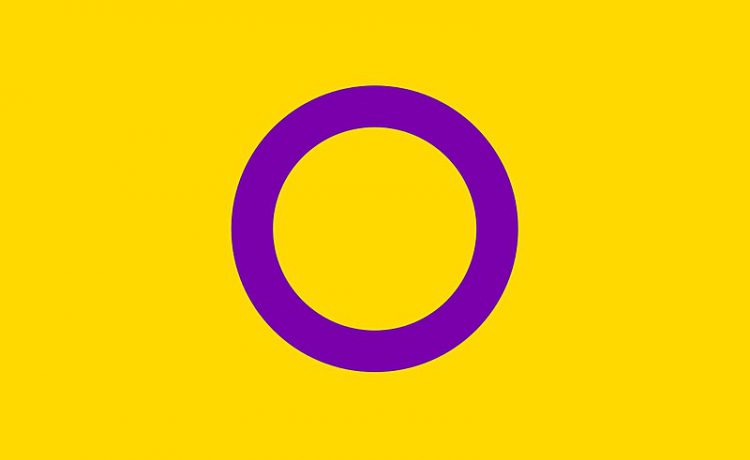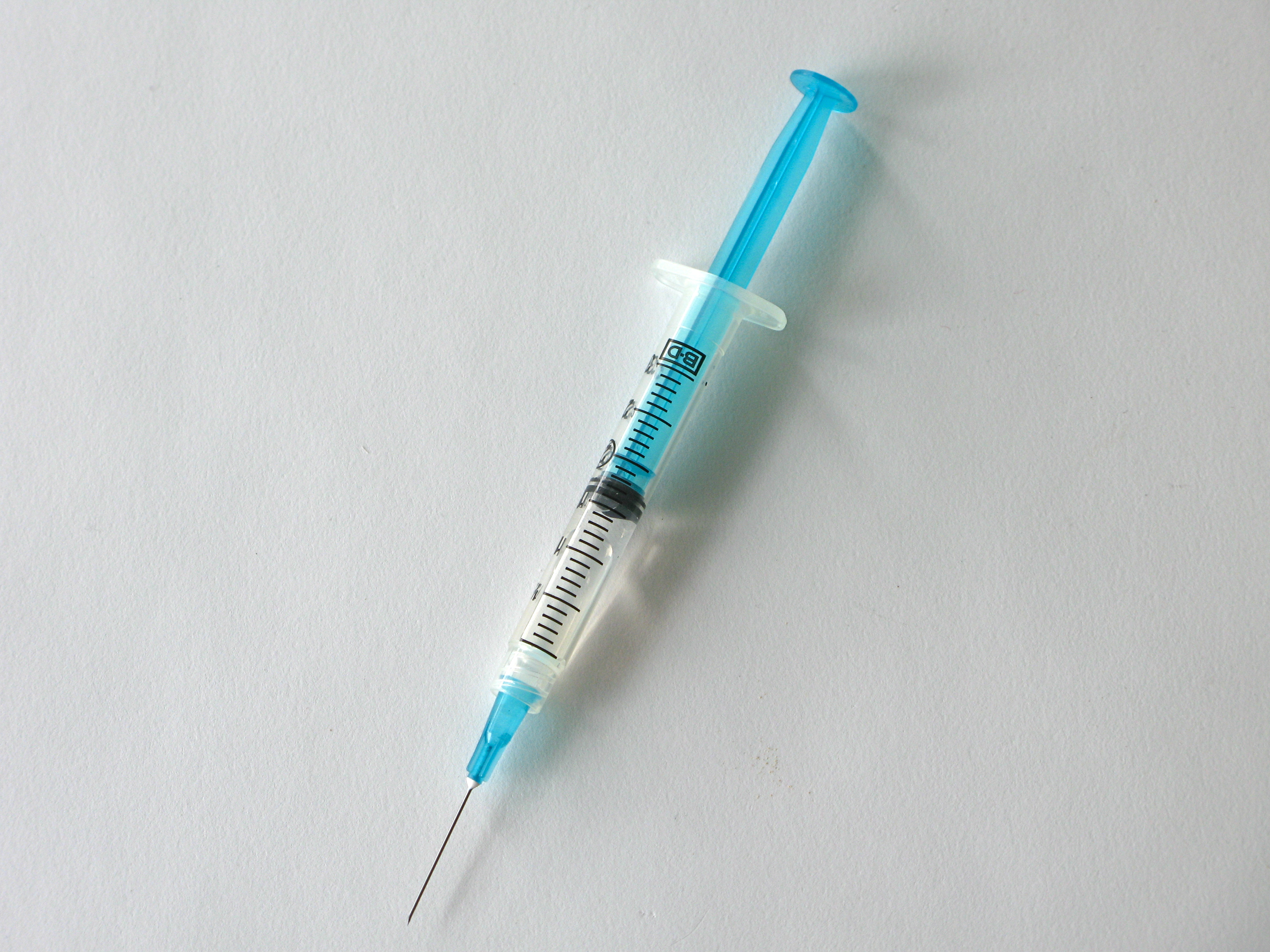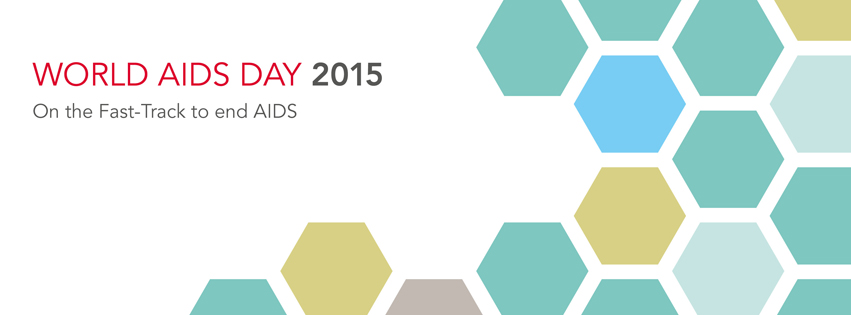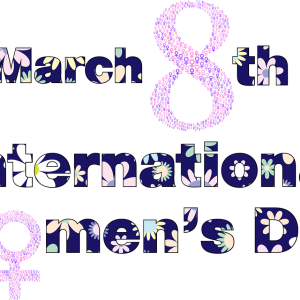The “i” in LGBTQIA stands for intersex. Intersex is an umbrella term for people with differences in sex traits or reproductive anatomy. Intersex people are born with these differences or develop them in childhood/puberty. There are many possible differences in genitalia, hormones, internal anatomy, and/or chromosomes compared to the typical binary notion of male and female bodies. An estimated 1.7% of people are born intersex.
Since 2004, October 26 is observed as Intersex Awareness Day. Intersex Awareness Day commemorates the anniversary of a protest held by members of the intersex community during the annual American Academy of Pediatrics convention in 1996. Activists gathered in action against the standard practice of invasive gender-based surgeries that many intersex children have historically endured. This practice is largely considered outdated and harmful today, though only Lurie Children’s Hospital of Chicago and Boston Children’s Hospital have categorically stated that they do not perform infant genital surgeries.
Intersex people are often made to feel like medical curiosities when receiving healthcare. Adults report long-term emotional consequences from repeatedly undergoing intrusive, objectifying, and medically unnecessary genital examinations and photography as children. Some intersex people have their medical history hidden from them for decades. Many intersex people grow up to wish they could have participated in the decision making around “corrective” procedures which come with risks like chronic pain, scarring, loss of sexual function, urinary incontinence, sterilization, PTSD, and a surgically-enforced gender assignment that may not match their gender identity. Intersex patients often have difficulty finding doctors familiar enough with their bodies to provide appropriate care, or even filling out forms/paperwork with only binary gender options.
In a survey of intersex adults, over 43% of participants rated their physical health as fair/poor and 53% reported fair/poor mental health. Prevalent health diagnoses included depression, anxiety, arthritis, and hypertension, with significant differences by age. Nearly a third reported difficulty with everyday tasks and over half reported serious difficulties with cognitive tasks. Intersex patients can experience stigma even in accessing healthcare, with some providers referring to their bodies as affected by “disorders of sex development” as opposed to naturally occurring variations.
As an often overlooked part of the LGBTQIA community, intersex people can be affected by legislation targeting other vulnerable communities. State legislatures across the country have introduced bills that aim to criminalize or restrict healthcare for transgender youth. Not only do these legislations aim to control transgender bodies, many of these bills include specific exemptions allowing “corrective” procedures on intersex traits — attempting to set a legal standard for what a “normal” body should look like in regards to gender. Banning patient-initiated care that reduces the risk of depression and suicide for transgender teens while encouraging the continuation of non-consensual surgeries for intersex children has been denounced as a human rights violation by the United Nations, the World Health Organization, and the American Academy of Family Physicians.
NeedyMeds has a growing list of programs in our Diagnosis-Based Assistance database for gender non-conforming people that offer various forms of assistance such as financial aid or legal services. We also have listings for recreational camps/retreats and academic scholarships for LGBTQIA youth and their families. The free NeedyMeds Drug Discount Card can be used by anyone to help save money on their prescribed medication not covered by insurance — even over-the-counter medicine prescribed by a doctor. The card is available physically via mail, in a printable form, or as a smartphone app for Apple and Android devices. For more help finding information, call our toll-free helpline Monday-Friday 9am-5pm Eastern Time at 1-800-503-6897.





